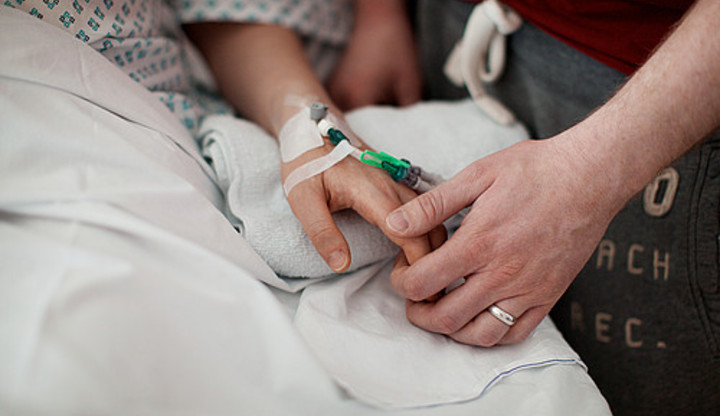Can insights into human adaptation to severe environments be applied to the CCU?
Dr Dan Martin and Dr Helen McKenna have teamed up again, this time to write an article about Surviving Physiological Stress.
The harshest environment that many people will ever face is the critical care unit, where pathology can stress homeostatic mechanisms beyond their limits, leading to multiple organ failure and death. Our understanding of the biology that underlies this catastrophic process remains limited. There is significant variation in survival between individuals with apparently similar severity of organ dysfunction and it is difficult to predict which patients will weather the storm. Survival may be influenced by as yet undiscovered innate adaptive mechanisms that determine an individual's ability to tolerate physiological stress. Identifying favourable phenotypes, and the molecular machinery underlying them, could yield new therapeutic targets to improve outcome in life-threatening illness. Unfortunately, the complexity of critical illness makes it difficult to elucidate subtle adaptive mechanisms that could favour survival during stress. However, comparisons can be drawn between the stress of critical illness and that imposed by austere environments. The Earth is comprised of a wide range of different physical environments, each of which challenges homeostasis. Whilst technological advances have played a significant role in our capacity to survive in austere environments, biological adaptation and evolutionary change have been crucial. Studying human responses to environmental stressors such as heat, cold, hypoxia and microgravity has taught us a great deal about innate human adaptation, from the system to the cellular level, and the field continues to expand. Translating this to the pathophysiological stress of critical illness could offer alternative approaches to the current practice of intensive care medicine.
In the full article, which can be found here, they determine that critical illness is a state of extreme physiological stress, physiological stress is also encountered in austere environments, cellular and molecular responses determine adaptation to austere environments and that lessons learnt from survival of extreme environmental conditions may benefit critically ill patients.
Share this :





